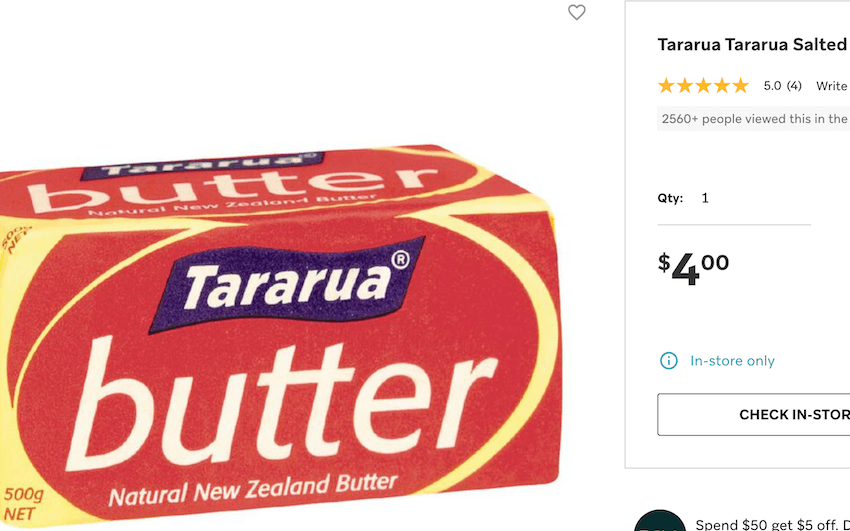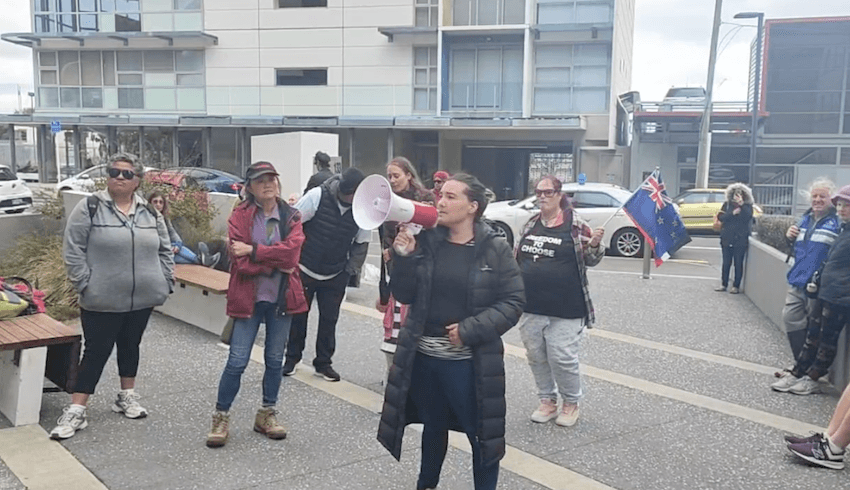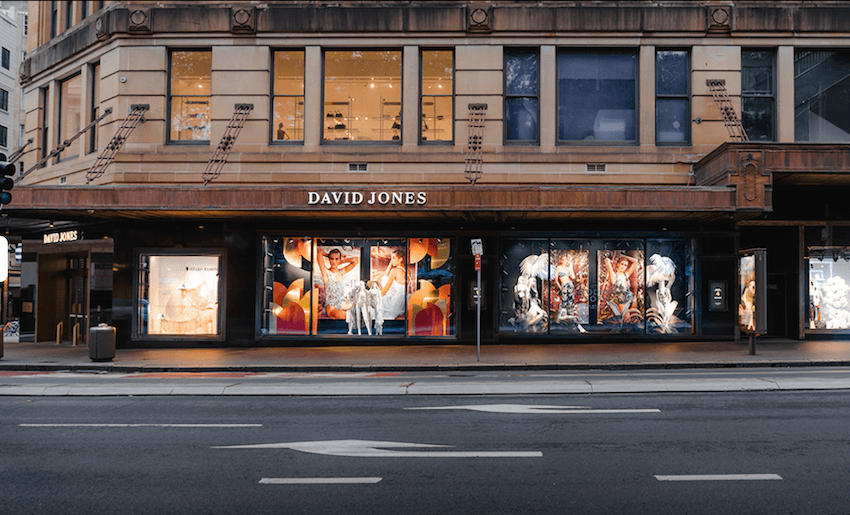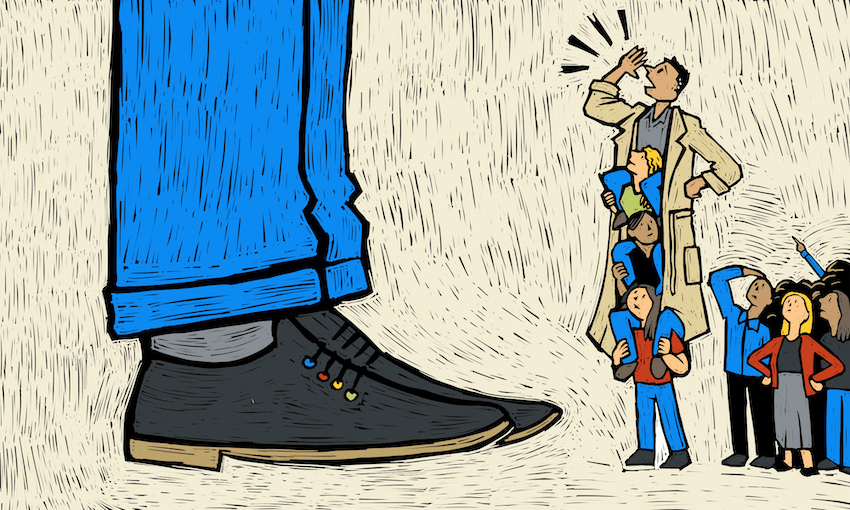There have been 16 more deaths linked to our Covid-19 outbreak, bringing the overall reported death count up to 516.
Of these, six people were from the Auckland region, one was from Waikato, two were from Whanganui, one was from MidCentral, three were from the Wellington region, two were from Canterbury and one was from Southern. One person was aged in their 30s, two were aged in their 50s, three in their 70s, six in their 80s, and four were over 90. Five were female and 11 were male.
Speaking from the Ministry of Health, Ashley Bloomfield said the number of hospitalisations has dropped to 622 with 23 people now in intensive care. “The seriousness of Covid-19, even the omicron variant, remains clear,” said Bloomfield.
We are seeing a drop of hospitalised cases nationwide, said Bloomfield, and new hospital admissions are also trending downwards. Only about 20 cases a day were admitted in Auckland over the weekend – “but there is a long tail of hospitalisations in the Auckland region”.
There are 11,063 new community cases. “This is an increase on what we saw over the weekend… but not unexpected,” said Bloomfield. “The number we focus on is the rolling seven day average which is 9,731.” It’s the first time the rolling average has been been below 10,000 “for some time”, said Bloomfield, and it’s 3,000 lower than a week ago.
Case rates per 1,000 have fallen from 18.6 to 14.3 – a 23% drop. The northern region now has the lowest case rate and it’s slowly declining in all the other regions. Tairāwhiti reached 45 cases per 1,000 at its peak, the highest rate of any region.
The number of reported community cases is expected to continue to fluctuate day-to-day and is usually lower over the weekend with less reporting of results and testing, said the ministry in its 1pm statement.
“There are three actions that everyone can do to help protect themselves and others. Firstly, be up to date with vaccinations, including a booster if you’ve not yet had one. Secondly, wear a mask. Masks are still required in many indoor settings. A good rule of thumb is to wear a mask indoors whenever you’re not at home. And thirdly – stay home and avoid others if you’re unwell.”
The 11 millionth Covid-19 vaccination was administered yesterday in New Zealand. The ministry said this represented “another significant milestone” for the vaccine rollout.
Asked about a recent suspected vaccine-related death in New Zealand, Bloomfield said: “The family didn’t want this unfortunate and very sad death to in any way put people off from being vaccinated or be used by groups to undermine vaccination efforts in New Zealand.” The person who died was a teenager.
Bloomfield said there was surveillance testing in place to try and detect any cases of the “XE” variant of Covid-19 at the border. No cases have so far been registered through genomic testing.










